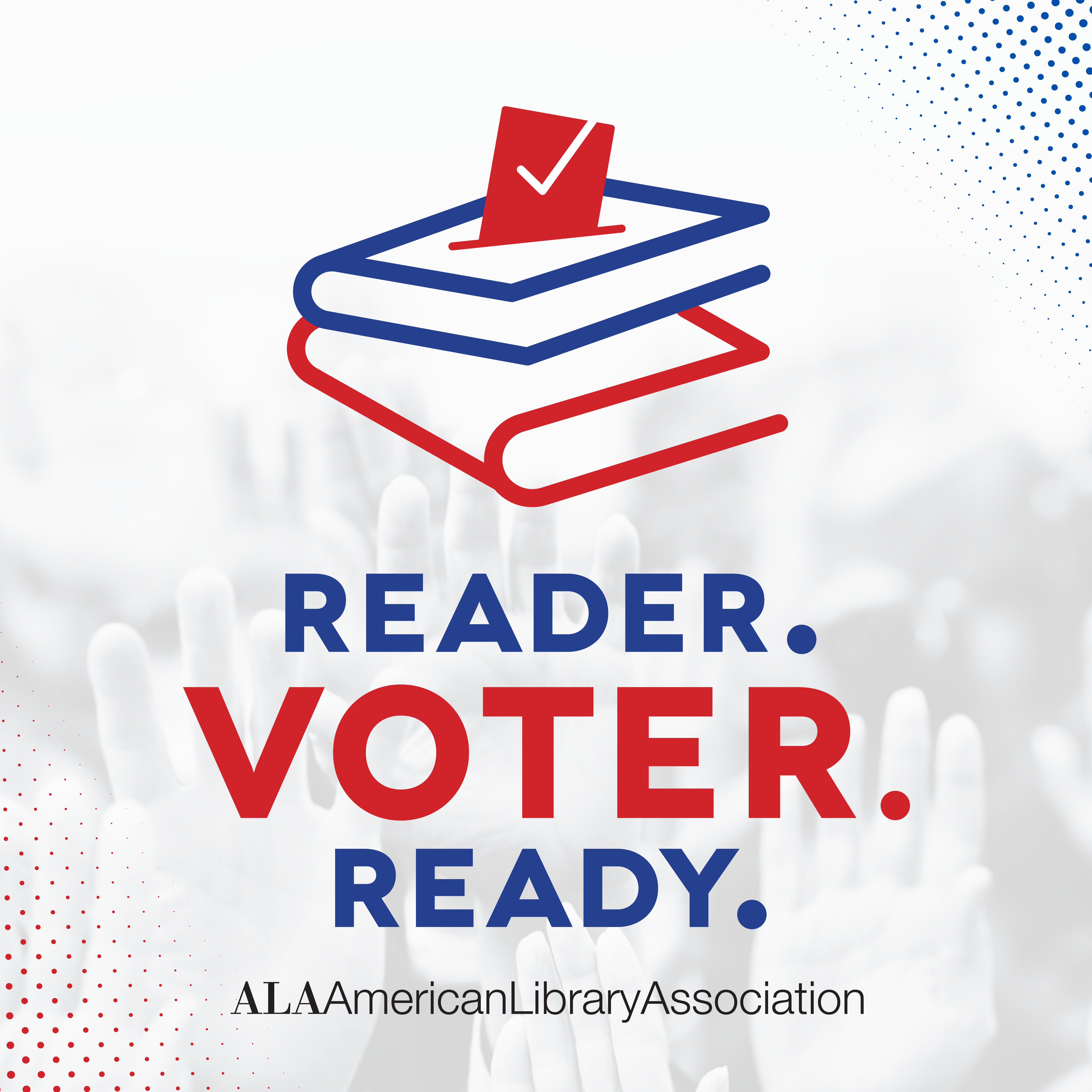Essential Librarian Skill: Writing

E-books. Downloads. Self-checkout. 3-D printers. The list of new technologies public librarians have to keep up with is considerable and always changing. It’s too easy to focus solely on how to stay on the cutting edge rather than take the time to think about what makes these tools useful in the first place, what frames a public library’s entire reason for being: communication.
But all librarians use writing to do more than remind patrons of fines. To keep up with the latest, you have to go back to the basics of stringing words together to make your meaning clear. Writing is all over new technology, so much so that we don’t even think about it or notice it until it’s glaringly unprofessional or outright unhelpful. Still not convinced good writing is useful anymore? Consider this:
Writing is the backbone of all communication. The ways of getting and staying in touch with people seem to be multiplying every day, but all are just variations on the written word. If you don’t have strong writing skills, it will show quickly and across any social, electronic, or print media you might use.
The way you write shapes the way you speak (and vice versa). Writing is a way to think “out loud” before you say anything. Strong writing skills indicate strong analytic skills, which translate to better problem-solving. The more you practice, the quicker those skills come to you, and the easier it is to share them as your brain gets used to its new, improved rhythms.
Writing connects you with your core audience. Even if you pride yourself for never lapsing into text speak and have no idea how to reply to a tweet, your writing should connect you with the people you want to find. You should be able to engage with your intended public in a way you all understand, because your writing has better staying power than your speech and can help you remember what works and what does not.
Writing brings ideas to life. Think of writing as blueprints for ideas. Before anything can be built, plans need to be laid out, assessed, discussed, and tweaked to perfection. Writing gives you the same abilities to further your own projects with your peers, superiors, and patrons alike. It sets out a space to exchange details and the big picture in ways that you can all connect and communicate to others who can help you along the way.
Resource
Boomerang Respondable: Personal AI Assistant for Writing Better Emails (free)
Tags: communication, librarianship, skills, writing









